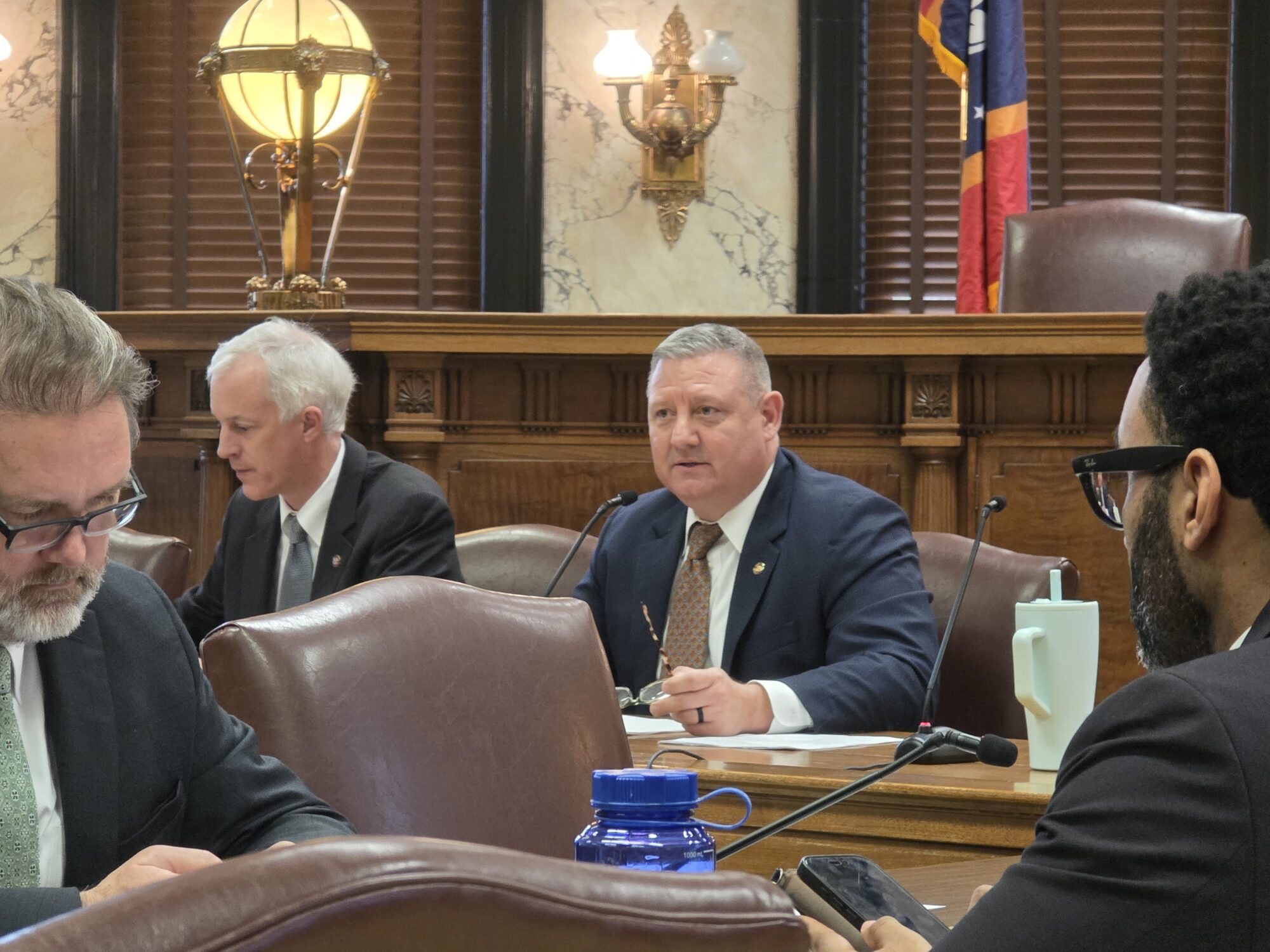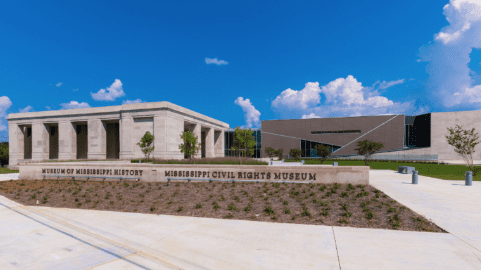Wicker, Cortez Masto Introduce ‘SPEED Act’
Bipartisan Measure Would Streamline Permitting Process to Expedite Broadband Rollout
U.S. Senators Roger Wicker, R-Miss., and Catherine Cortez Masto, D-Nev., have introduced the “Streamlining Permitting to Enable Efficient Deployment of Broadband Infrastructure Act of 2017” (SPEED Act), S. 1988. The measure would accelerate the deployment of new broadband infrastructure to both rural and urban areas by streamlining the permitting process for telecommunications equipment that is installed in locations that have already been subjected to historical or environmental reviews.
“This sensible legislation would help fast-track the deployment of next-generation broadband technologies by utilizing existing public right of ways and exempting communications providers from duplicative reviews,” Wicker said. “New advances in telehealth, online education, precision agriculture, and other internet applications demand faster, better broadband connections. It is time for the federal government to recognize the realities of a modern digital economy and accommodate the needs of American consumers.”
“I am proud to co-sponsor the SPEED Act because it would reduce the barriers to the development of new communications infrastructure in urban and rural communities,” said Cortez Masto. “We live in an age when nearly every routine task necessitates internet access, including completing homework assignments, applying for a job, and searching for a doctor. And specifically for our rural communities, we need improved services to eliminate gaps in public safety, expand access to tele-health services, and enable more small businesses to connect with their customers. More widespread communications infrastructure will enable these benefits for Nevadans, and the rest of the country.”
Specifically, the SPEED Act would streamline federal permitting processes that impede the quick and efficient deployment of next-generation broadband technologies, including 5G. Currently, new and replacement telecommunications infrastructure is subject to numerous, sometimes duplicative federal approvals, including environmental and historical reviews. These duplicative approvals extend to areas that have already been established as a public right-of-way (ROW), and where telecommunications infrastructure already exists.
The SPEED Act would not preempt the authority of a State or local government to apply and enforce all applicable zoning and other land use regulations on communications providers. The proposal also would expedite the review process for telecommunications infrastructure and accelerate the delivery of essential broadband services by:
o Exempting telecommunications infrastructure from environmental and historic reviews by the Federal Communications Commission (FCC) and other federal agencies in a public ROW if previously installed telecommunications infrastructure has already undergone environmental and historic reviews for the same public ROW. Any provider exempted from these reviews must still comply with the National Environmental Policy Act and the National Historic Preservation Act;
o Exempting the deployment of small cells from environmental and historical reviews only if 1) they are being deployed in a public ROW and are not higher than an existing structure in the public ROW; and 2) they are serving as a replacement for an existing small cell and they are the same or substantially similar to the small cell that is being replaced;
o Exempting the deployment of wireless services (e.g. voice, video, or data) from environmental and historical reviews if 1) they are located in an existing public ROW and 2) adhere to tower height and guy wire requirements;
o Directing the Government Accountability Office to develop a report analyzing how to increase the efficiency of deploying broadband infrastructure to federal lands; and
o Directing the FCC’s Streamlining Federal Siting Working Group to submit a report to Congress on its preliminary findings and recommendations for accelerating the deployment of high-speed Internet access to federal lands across the United States.
Sen. Roger Wicker Press Release
10/20/17







